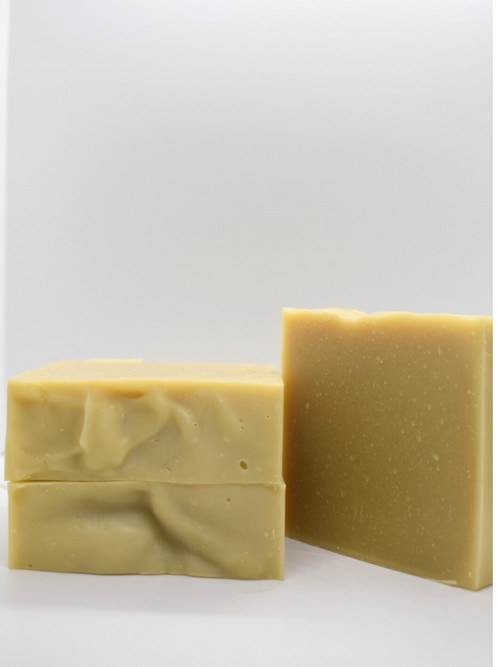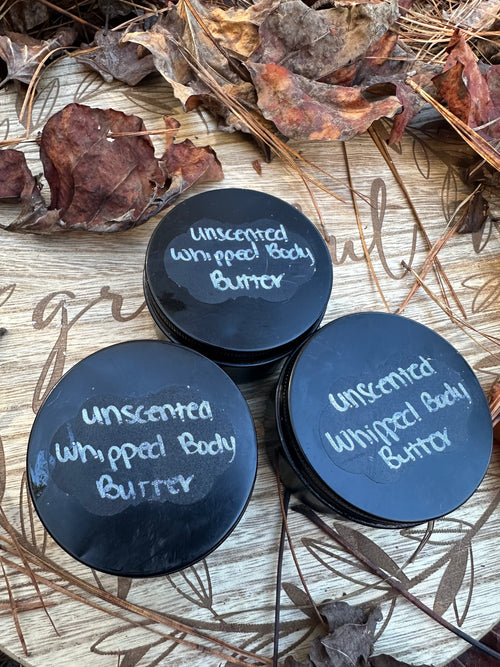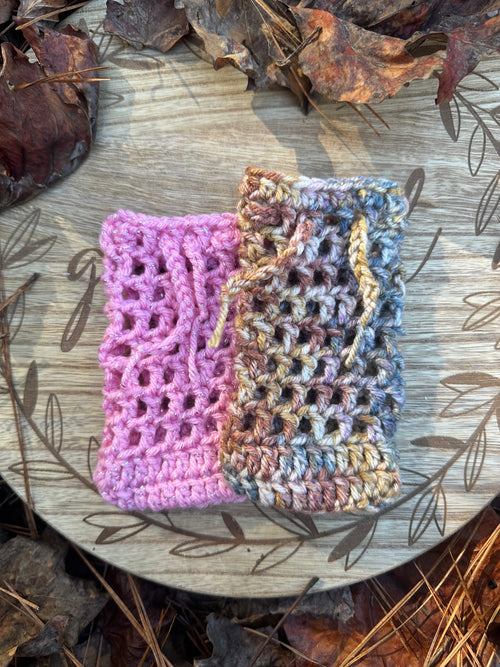The milestone of turning 40 brings subtle but significant changes to our skin. That trusted drugstore soap that worked perfectly in your 30s might suddenly leave your skin feeling tight, dry, or irritated. It's not your imagination - your skin's needs are genuinely shifting, and understanding these changes is key to maintaining healthy, resilient skin through your 40s and beyond.
What many women don't realize is that their cleansing routine often needs to evolve before other skincare products. While much attention focuses on serums and moisturizers, the humble bar of soap can make or break your skin's ability to benefit from the rest of your carefully chosen skincare routine.
Recent dermatological research reveals that organic bar soaps may offer unique advantages for maturing skin, particularly in maintaining barrier function and supporting natural regeneration processes.
The Science Behind Your Changing Skin
After 40, our skin undergoes fascinating transformations. Collagen production slows by about 1% each year. Our acid mantle becomes more delicate. Cell turnover takes longer. But here's what nobody tells you - these changes make our skin more responsive to gentle, organic ingredients, not less.
Through microscopic analysis, scientists have observed how organic bar soaps interact differently with mature skin compared to conventional soaps:
Traditional Soap Impact:
Age 20-35: Minimal barrier disruption
Age 35-40: Moderate barrier stress
Age 40+: Significant barrier compromise
Organic Soap Impact:
Age 20-35: Gentle cleansing
Age 35-40: Enhanced moisture retention
Age 40+: Barrier support and repair
Why Your Skin's pH Matters More Now
Remember high school chemistry? That pH scale from 0-14 becomes crucial after 40. Here's why: mature skin struggles to bounce back from pH disruption. Most commercial soaps hit your skin with a pH of 9-10. Organic soaps? They typically incorporate natural buffers like:
- Aloe vera juice (helps maintain pH 5.5)
- Hemp seed oil (natural pH balancer)
- Organic honey (pH-adaptive properties)
The Estrogen-Skin Connection
Let's talk hormones - specifically estrogen's relationship with our skin barrier. As estrogen levels fluctuate, our skin's ability to retain moisture changes dramatically. Research shows organic saponified oils can help compensate for these changes:
Essential Fatty Acids in Organic Soaps:
- Omega-3: Strengthens barrier function
- Omega-6: Supports natural oil production
- Omega-9: Enhances moisture retention
Understanding the Organic Difference
When scientists analyze organic and conventional soaps under a microscope, the structural differences are striking. Organic soaps maintain their natural glycerin content - those precious moisture-binding molecules that commercial soap manufacturing strips away. For skin over 40, this difference is crucial.
Microscopic Analysis Results:
- Commercial Soap: Crystalline structure, harsh on mature skin
- Organic Soap: Smooth emulsion, mimics skin's natural lipid structure
The Truth About Anti-Aging Ingredients
Here's something the beauty industry doesn't want you to know: many "anti-aging" ingredients in commercial soaps are too harsh for daily use on mature skin. Instead, organic soaps offer gentler alternatives that work with your skin's natural regenerative processes:
Natural Age-Support Ingredients:
- Organic rosehip oil (vitamin A alternative)
- Sea buckthorn (natural vitamin C source)
- Pomegranate seed oil (gentle antioxidant)
The key isn't adding more anti-aging ingredients - it's protecting your skin's ability to rejuvenate itself naturally. Organic soaps excel at this fundamental support role.
Debunking the Moisture Myth
A common misconception about mature skin is that it simply needs more moisture. While hydration is important, the real key lies in how your skin retains that moisture. Clinical studies show that organic bar soaps help mature skin maintain its Natural Moisturizing Factor (NMF) - the complex mixture of compounds that keeps skin naturally hydrated.
Key NMF Supporting Compounds in Organic Soaps:
- Amino acids from organic oat proteins
- Lactic acid from goat's milk
- Urea-mimicking compounds from organic honey
- Mineral salts from sea vegetables
Temperature Sensitivity: A Hidden Factor
Research indicates that skin over 40 becomes increasingly sensitive to temperature fluctuations. Traditional soaps can exacerbate this sensitivity, while organic soaps often contain natural temperature regulators:
Temperature-Stabilizing Ingredients:
- Organic cucumber extract (cooling effect)
- Marshmallow root (temperature-buffering properties)
- Green tea extract (helps regulate skin temperature)
- Chamomile (calming thermal properties)
The Collagen Connection
While no topical product can replace lost collagen, organic soaps can help preserve existing collagen structures. Here's how specific organic compounds support collagen maintenance:
Collagen-Supporting Elements:
| Ingredient: | Benefits |
| Rose Hip |
|
| Comfrey Root |
|
| Irish Moss |
|
| Noni Extract |
|
Understanding Your Skin's Circadian Rhythm
Recent research highlights the importance of working with your skin's natural 24-hour cycle. Organic soaps complement this rhythm rather than disrupting it:
Morning Cleansing:
- Choose bars with gentle stimulating properties
- Look for organic citrus peel oils
- Seek mineral-rich sea vegetables
Evening Cleansing:
- Select more nourishing formulations
- Opt for higher amounts of butters
- Consider bars with relaxing organic lavender
Making the Switch: A Strategic Approach
Transitioning to organic soap requires a thoughtful approach, especially for mature skin:
Phase 1 (Days 1-7):
- Use organic soap only in the evening
- Monitor skin's overnight recovery
- Document any immediate changes
Phase 2 (Week 2):
- Introduce morning cleansing
- Assess skin's daytime response
- Note hydration levels throughout the day
Phase 3 (Week 3-4):
- Full transition to organic soap
- Fine-tune product selection based on observations
- Adjust complementary skincare as needed
Environmental Protection Factors
Women over 40 face increased environmental sensitivity. Organic soaps provide natural defense through:
Protective Compounds:
- Polyphenols from green tea
- Flavonoids from organic herbs
- Antioxidants from seed oils
- Botanical UV-protective factors
Investment in Long-Term Skin Health
Quality organic soaps typically cost more upfront, but consider the comprehensive benefits:
Cost-Benefit Analysis:
- Reduced need for multiple products
- Prevention of skin issues
- Lower environmental impact
- Support for sustainable agriculture
Think of it as preventive care - investing in your skin's future health rather than treating problems after they develop.
Beyond the Basics: Customization
As you become more familiar with organic soaps, consider seasonal adjustments:
Autumn/Winter:
- Higher percentages of organic butters
- Addition of warming spices
- Focus on barrier protection
Spring/Summer:
- Lighter organic oil bases
- Cooling botanical additions
- Enhanced environmental protection
Your skin's needs will continue to evolve. Regular reassessment helps maintain optimal results. Trust your skin's response - it's your most reliable guide to what works best for your unique needs.
Remember: The goal isn't to turn back time but to support your skin's health at every age. Organic soaps offer a foundation for mature skin to thrive, working in harmony with your body's natural processes rather than against them.


